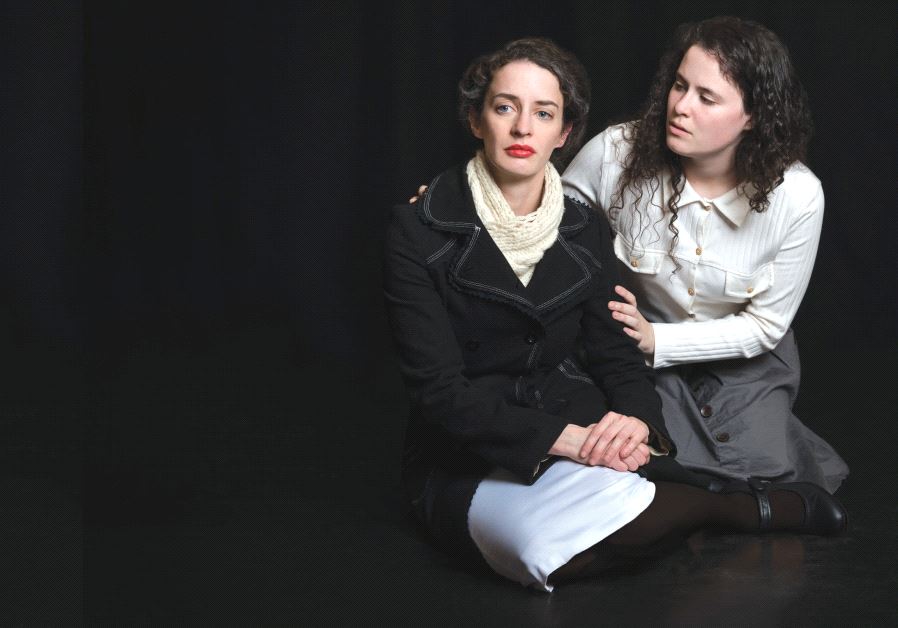Woman of Valor
A production about the life of Holocaust heroine and Zionist poet Hannah Senesh comes to the AACI
 AVITAL MACALES (left) and Rivka Deray in the J-Town Playhouse production of ‘Hannah Senesh.’(photo credit: ITA ARBIT)ByARIEL DOMINIQUE HENDELMAN
AVITAL MACALES (left) and Rivka Deray in the J-Town Playhouse production of ‘Hannah Senesh.’(photo credit: ITA ARBIT)ByARIEL DOMINIQUE HENDELMAN